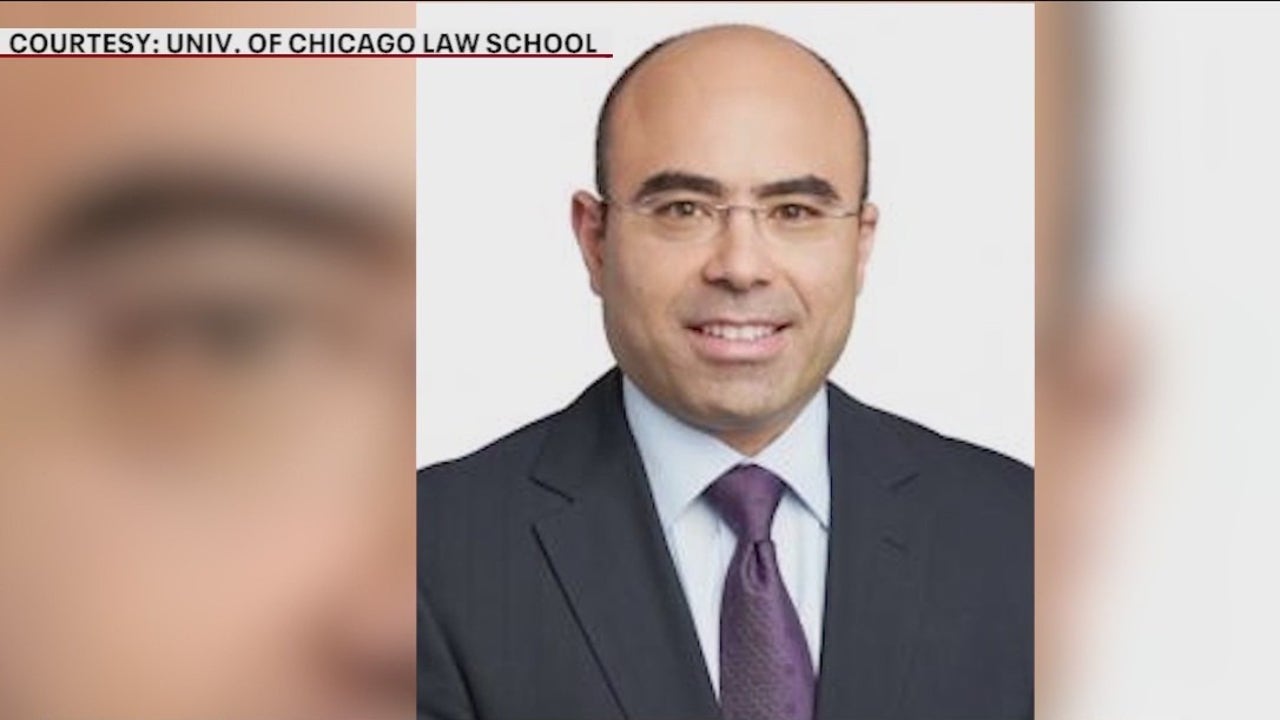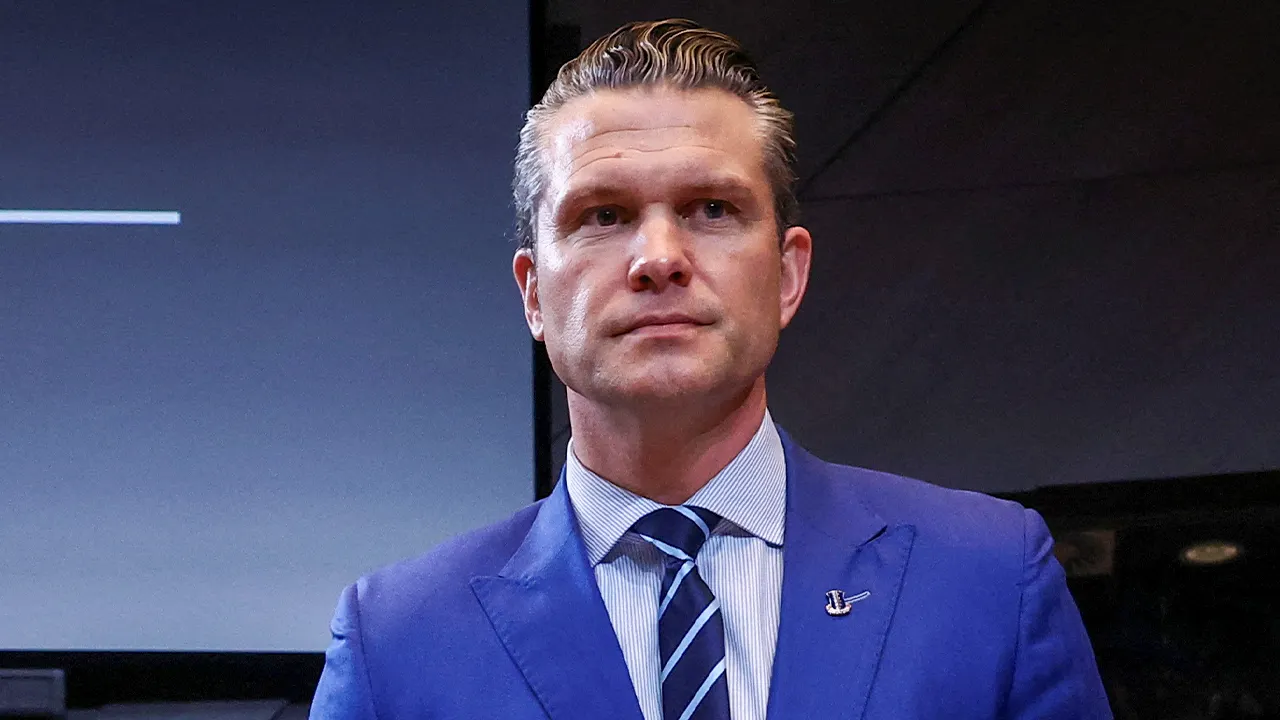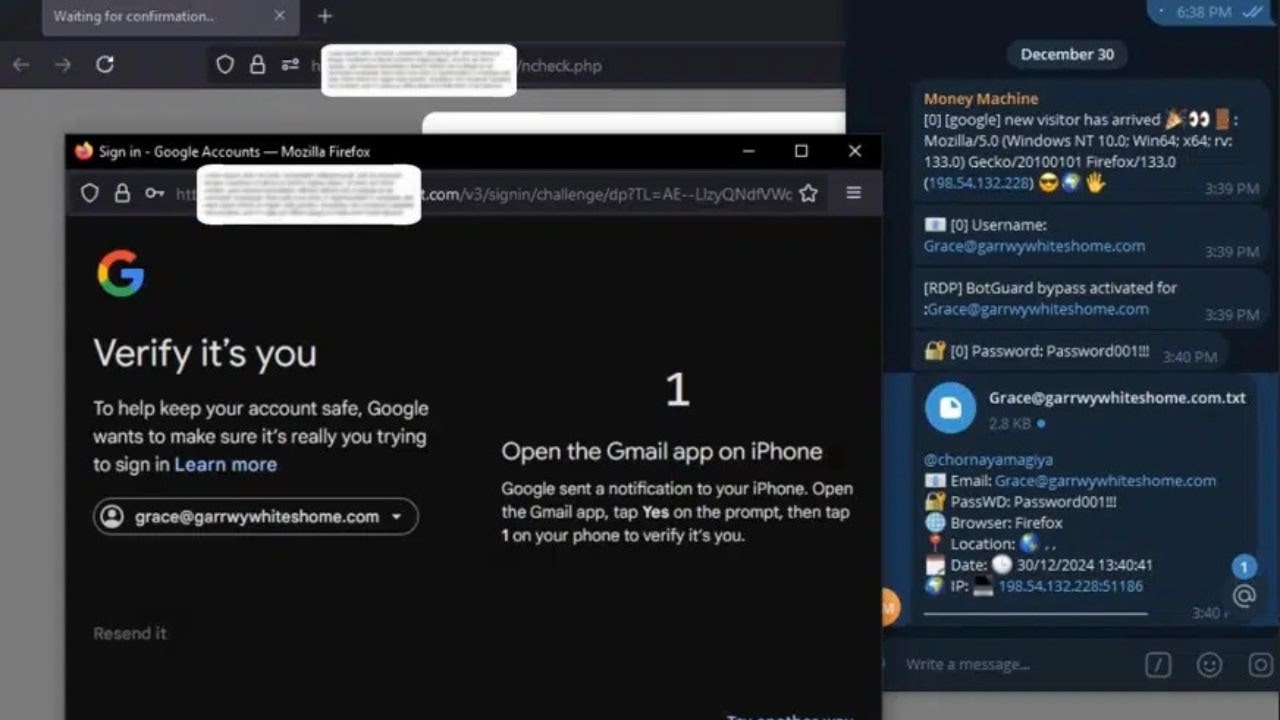New Hampshire
How the End of Trump Could Come in Iowa and New Hampshire
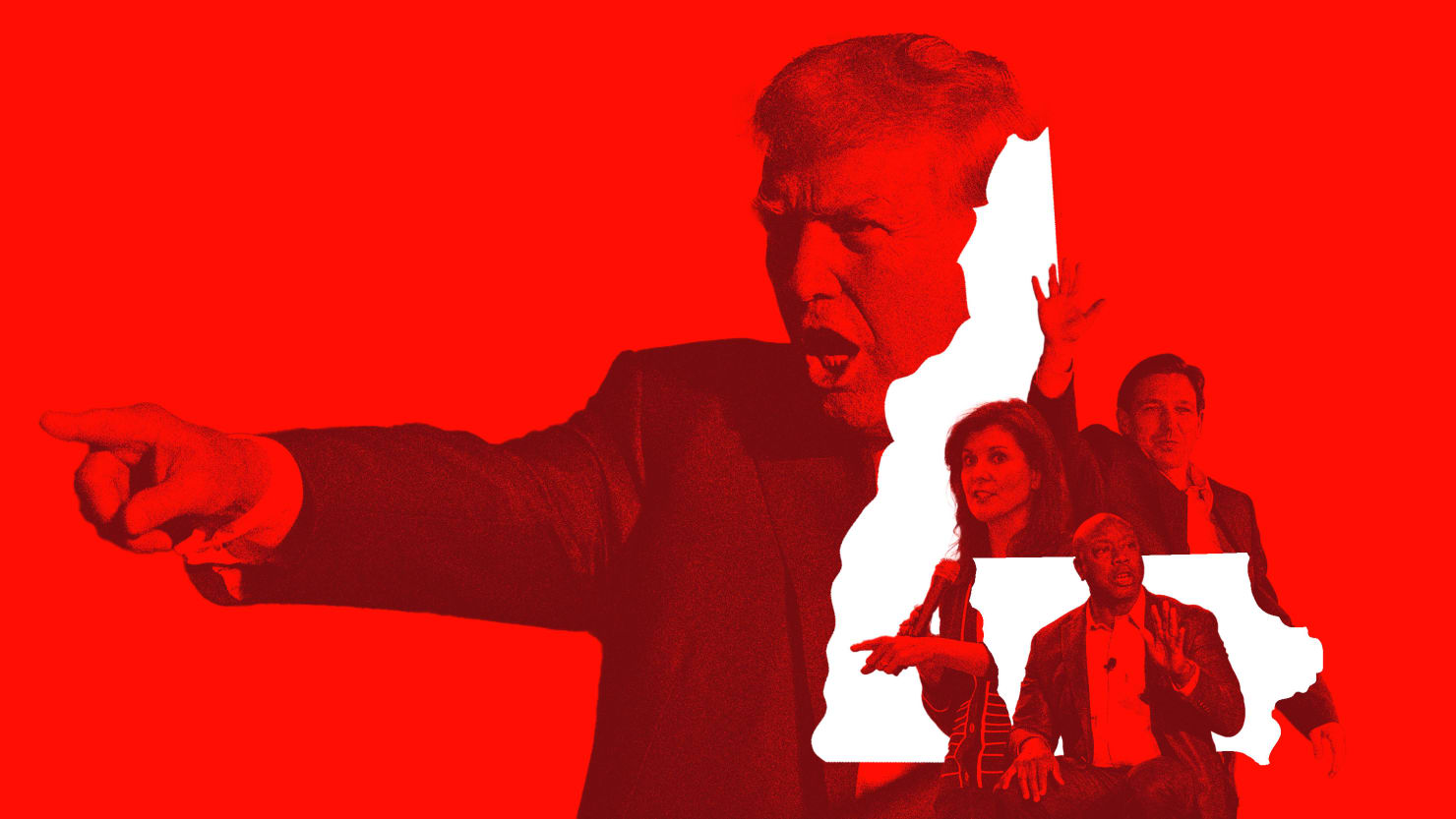
The only way to beat Donald Trump in a primary, Republican strategist Mike Murphy told me recently, is for someone else to win Iowa and New Hampshire. (He hastened to add that it probably has to be the same person winning both states—a complicating factor, to be sure.)
As we enter September, it is perhaps time to be reminded that there is no national Republican primary election day. Instead, it’s 56 elections (every state, plus Washington, DC, plus five territories), spanning approximately six months.
Those of us who cover politics intellectually know this—but even we still need to be reminded that, although national polls are instructive, they fail to capture the dynamic nature of the primary process.
Sure, Trump is up by forty points nationally. But what would happen to those forty points if he went 0-for-2? This scenario is unlikely, but not impossible.
Of course, the odds only increase if candidates like Ron DeSantis, Nikki Haley, and Tim Scott, et al., campaign hard (you have to basically live in these early states) and are willing to actually run against Trump.
So far, only one of these candidates has demonstrated that she understands this. During the first Republican primary debate, Haley made the electability argument, saying: “We have to face the fact that Trump is the most disliked politician in America.”
It strikes me that the electability argument has the most potential to hurt Trump in a Republican primary. To be sure, so far, it has not moved the needle. However, it has the benefit of allowing Trump’s opponents to criticize him without implicating the voters (or the candidates, themselves) for their past support of Trump.
What is more, as indictments and arraignments give way to imminent court appearances—and as voters in early states begin to accept the awesome responsibility they have been granted for selecting a Republican standard bearer—it may find more purchase.
Again, keep in mind that Trump’s lead in key early states is not as seemingly insurmountable as national surveys would lead you to believe. What is more, there is precedent for leads evaporating. For example, Barack Obama boasted a 13-point polling lead over Hillary Clinton in New Hampshire, just one day before losing to her.
As NBC News’ Steve Kornacki recently noted, “Trump’s sizable lead is not the largest ever enjoyed by a Republican at this early point in a caucus campaign cycle. And, crucially, we have seen one previous GOP candidate—Bob Dole, in the 1996 election cycle—lose more than 40 points of support between roughly this point and the actual caucuses.”
It’s worth noting that Dole still managed to squeak by with an Iowa win. Still, these examples provide a cautionary tale for anyone who thinks the nomination is already over.
So, how do Trump’s opponents win? On the campaign trail, they can say that Trump was a good president, but that he is the most unpopular politician in America and that the stakes are too high to take a chance that he can win the electoral college again with 46 percent of the vote. They can say that Trump faces too many legal obstacles to run an effective campaign in 2024, and simultaneously make court appearances in four different states. They can say that Trump accomplished some good things, but that it’s time to pass the torch to a conservative who can serve eight years and appoint more Supreme Court justices.
That message may or may not work, but for me it’s the best they’ve got. And again, the numbers aren’t as daunting as people looking solely at national polls might believe.
The dream is that, by winning Iowa, you get a fundraising and publicity bounce that creates a bandwagon effect. “Now they will be after me, howling and yowling at my heels,” George H.W. Bush predicted when running in the 1980 Republican primary. “What we will have is momentum. We will look forward to Big Mo being on our side, as they say in athletics.”
The problem? Granite Staters are notoriously ornery contrarians who like to course correct Iowa, or at least not be a rubber stamp. (As for Poppy Bush’s prediction, Reagan won New Hampshire in a landslide, and then, the nomination.)
New Hampshire is more important, historically. As the saying goes, “Iowa picks corn, but New Hampshire picks presidents.”
Still, Trump can’t go 0-for-2 unless he first goes 0-for-1. Someone has to beat him in Iowa or else he has the Big Mo.
“I talked to Iowa evangelical pastors and grass-roots leaders…Their message was surprisingly uniform: Iowa’s evangelicals haven’t made up their minds yet”
— Henry Olsen
Henry Olsen, a conservative columnist for The Washington Post, recently visited Iowa; he came away concluding that the race is far from over.
“I talked to Iowa evangelical pastors and grass-roots leaders, who understand the nuances of their community better than any pollster. Their message was surprisingly uniform: Iowa’s evangelicals haven’t made up their minds yet,” he wrote.
Again, though, winning Iowa on the backs of Christian conservatives is a double-edged sword. As Mike Murphy says, if you win Iowa by solely playing up your evangelical credentials (think Mike Huckabee or Rick Santorum), then you are likely to be rebuked by those contrarian (and typically, more moderate) Granite Staters.
The good news for those hoping for a Trump upset is that Ron DeSantis, Nikki Haley, and Tim Scott all have the potential to tap into evangelical support without alienating New Hampshire voters. The question is whether one of them will be able to thread this needle.
There are reasons to believe it’s at least possible. New Hampshire Gov. Chris Sununu, for example, continues to publicly say Trump will not be the nominee.
“The ‘soft’ Trump vote is real,” ABC News’ Kelsey Walsh wrote last month. “Voters are not convinced to elect Trump again. These voters are neither direct nor vocal Trump supporters. They aren’t shouting from the rooftops that he is their candidate; it’s not a hard ‘I am with Trump’—it’s a soft ‘maybe Trump.’”
A complicating factor may be that Chris Christie surged to second place in New Hampshire, eclipsing DeSantis, a few weeks ago. Christie may be a good fit for New Hampshire, but it’s hard to see him besting Trump, DeSantis, Haley, and Scott, in Iowa.
“The bottom line is that Donald Trump is still likely to be the Republican nominee, but not as likely as national polling might suggest.”
— Matt Lewis
And while depriving Trump of victories in the first two states would surely prove embarrassing to the former president, it wouldn’t allow the GOP to coalesce around a single alternative—meaning that Trump would still be in the game.
But there is another complicating factor: the possibility that Democrats might interfere in the Iowa caucuses, which (depending on their goals) could either help or hurt Trump.
There are too many variables to game out every scenario, which is to say that it ain’t over, yet.
The bottom line is that Donald Trump is still likely to be the Republican nominee, but not as likely as national polling might suggest. If someone can deprive him of early victories in high-profile, key states, his daunting national lead could collapse, and someone else could catch fire.
A journey of a thousand miles begins with one step. Here’s hoping that someone cuts in line and leaves Trump in the dust.

New Hampshire
New Hampshire family asking for help locating missing family member
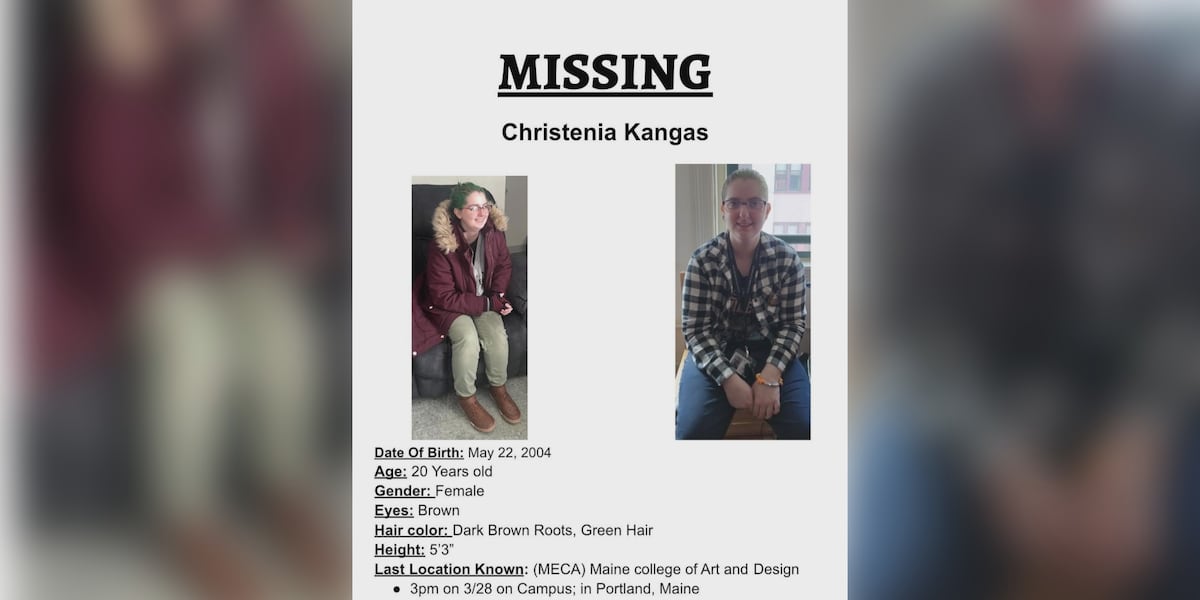
PORTLAND, Maine (WABI) – A family in New Hampshire is asking for the public’s help in finding a missing family member.
According to a social media post Christenia Kangas, 20, was last seen at 3 p.m. at the Maine College of Art and Design in Portland, Maine.
Kangas is described as 5′3″ with green hair that has dark brown roots.
If found you’re asked to call any of the following numbers:
603-707-9066
603-937-4455
603-707-1047
Copyright 2025 WABI. All rights reserved.
New Hampshire
NH Lawmakers Approve 30% Cut to University System Budget – The Pulse of NH

NH State lawmakers have approved a 30 percent cut to the New Hampshire university system’s budget.
Lawmakers blame a tough budget environment as a reason for the cuts.
The GOP majority on Division Two of the House Finance Committee approved the cut along a party-line vote.
It’s still early in the budget-making process but some lawmakers say if the cuts hold up, a campus may have to be closed.
New Hampshire
A New Hampshire ski resort bets on tech to compete with industry giants – WTOP News
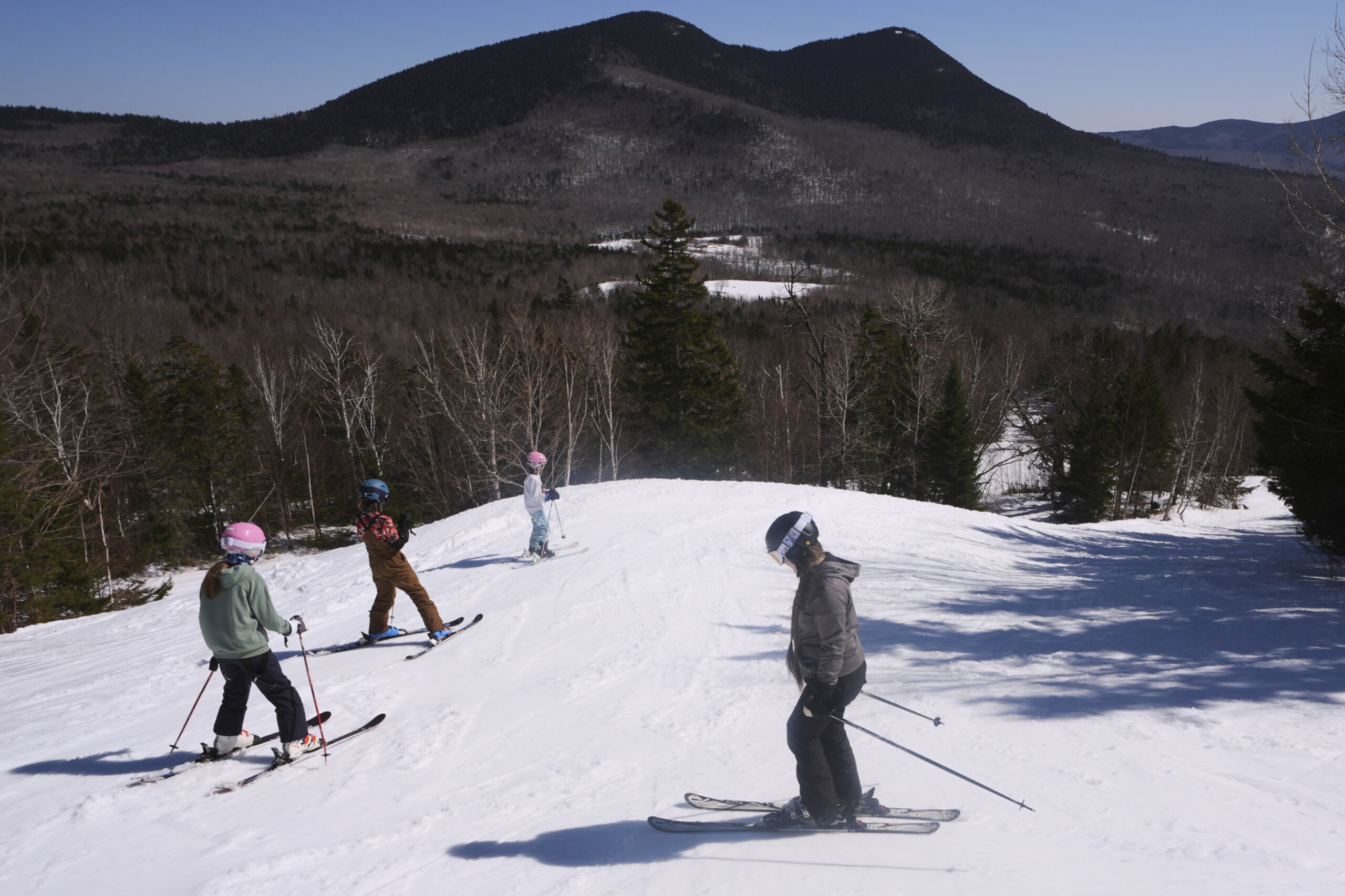
JACKSON, N.H. (AP) — A skier since age 4, Thomas Brennick now enjoys regular trips to New Hampshire’s Black Mountain…
JACKSON, N.H. (AP) — A skier since age 4, Thomas Brennick now enjoys regular trips to New Hampshire’s Black Mountain with his two grandchildren.
“It’s back to the old days,” he said from the Summit Double chairlift on a recent sunny Friday. “It’s just good, old-time skiing at its best.”
Behind the scenes, the experience is now propelled by a high-tech system designed to increase efficiency at the state’s oldest ski area. And while small, independent resorts can’t compete on infrastructure or buying power with conglomerates like Vail, which owns nearby Attitash Mountain Resort and seven others in the Northeast alone, at least one entrepreneur is betting technology will be “a really great equalizer.”
That businessman is Erik Mogensen, who bought Black Mountain last year and turned it into a lab for his ski mountain consultancy, Entabeni Systems. The company builds systems that put lift tickets sales, lesson reservations and equipment rentals online while collecting detailed data to inform decisions such as where to make more snow and how much.
“A lot of general managers will go out and look at how many rows of cars are parked, and that’s kind of how they tell how busy they are,” Mogensen said. “We really want to look at that transactional data down to the deepest level.”
That includes analyzing everything from the most popular time to sell hot dogs in the lodge to how many runs a season pass holder makes per visit.
“The large operators, they can do a lot of things at scale that we can’t. They can buy 20 snow cats at a time, 10 chairlifts, those types of things. We can’t do that, but we’re really nimble,” Mogensen said. “We can decide to change the way we groom very quickly, or change the way we open trails, or change our (food and beverage) menu in the middle of a day.”
Transforming a small-time resort
Mogensen, who says his happiest moments are tied to skiing, started Entabeni Systems in 2015, driven by the desire to keep the sport accessible. In 2023, he bought the company Indy Pass, which allows buyers to ski for two days each at 230 independent ski areas, including Black Mountain. It’s an alternative to the Epic and Ikon multi-resort passes offered by the Vail and Alterra conglomerates.
Black Mountain was an early participant in Indy Pass. When Mogensen learned it was in danger of closing, he was reminded of his hometown’s long-gone ski area. He bought Black Mountain aiming to ultimately transform it into a cooperative.
Many Indy Pass resorts also are clients of Entabeni Systems, including Utah’s Beaver Mountain, which bills itself as the longest continuously-run family owned mountain resort in the U.S.
Kristy Seeholzer, whose husband’s grandfather founded Beaver Mountain, said Entabeni streamlined its ticketing and season pass system. That led to new, lower-priced passes for those willing to forgo skiing during holiday weeks or weekends, she said.
“A lot of our season pass holders were self-limiting anyway. They only want to ski weekdays because they don’t want to deal with weekends,” she said. “We could never have kept track of that manually.”
Though she is pleased overall, Seeholzer said the software can be challenging and slow.
“There are some really great programs out there, like on the retail side of things or the sales side of things. And one of the things that was a little frustrating was it felt like we were reinventing the wheel,” she said.
Not everyone is a fan
Sam Shirley, 25, grew up skiing in New Hampshire and worked as a ski instructor and ski school director in Maine while attending college. But he said increasing technology has drastically changed the way he skis, pushing him to switch mostly to cross-country.
“As a customer, it’s made things more complicated,” he said. “It just becomes an extra hassle.”
Shirley used to enjoy spur-of-the-moment trips around New England, but has been put off by ski areas reserving lower rates for those who buy tickets ahead. He doesn’t like having to provide detailed contact information, sometimes even a photograph, just to get a lift ticket.
It’s not just independent ski areas that are focused on technology and data. Many others are using lift tickets and passes embedded with radio frequency identification chips that track skiers’ movements.
Vail resorts pings cell phones to better understand how lift lines are forming, which informs staffing decisions, said John Plack, director of communications. Lift wait times have decreased each year for the past three years, with 97% under 10 minutes this year, he said.
“Our company is a wildly data-driven company. We know a lot about our guest set. We know their tastes. We know what they like to ski, we know when they like to ski. And we’re able to use that data to really improve the guest experience,” he said.
How the big guys battle meager winters
That improvement comes at a cost. A one-day lift ticket at Vail’s Keystone Resort in Colorado sold for $292 last week. A season pass cost $418, a potentially good deal for diehard skiers, but also a reliable revenue stream guaranteeing Vail a certain amount of income even as ski areas face less snow and shorter winters.
The revenue from such passes, especially the multi-resort Epic Pass, allowed the company to invest $100 million in snowmaking, Plack said.
“By committing to the season ahead of time, that gives us certainty and allows us to reinvest in our resorts,” he said.
Mogensen insists bigger isn’t always better, however. Lift tickets at Black Mountain cost $59 to $99 per day and a season’s pass is about $450.
“You don’t just come skiing to turn left and right. You come skiing because of the way the hot chocolate tastes and the way the fire pit smells and what spring skiing is and what the beer tastes like and who you’re around,” he said. “Skiing doesn’t have to be a luxury good. It can be a community center.”
Brennick, the Black Mountain lift rider who was skiing with his grandchildren, said he has noticed a difference since the ski area was sold.
“I can see the change,” he said. “They’re making a lot of snow and it shows.”
___
Ramer reported from Concord, New Hampshire.
Copyright
© 2025 The Associated Press. All rights reserved. This material may not be published, broadcast, written or redistributed.
-

 News1 week ago
News1 week agoHow a Major Democratic Law Firm Ended Up Bowing to Trump
-

 Education1 week ago
Education1 week agoICE Tells a Cornell Student Activist to Turn Himself In
-

 News1 week ago
News1 week agoDismantling the Department of Education will strip resources from disabled children, parents and advocates say | CNN
-

 News6 days ago
News6 days agoWashington Bends to RFK Jr.’s ‘MAHA’ Agenda on Measles, Baby Formula and French Fries
-

 News5 days ago
News5 days agoTrump Is Trying to Gain More Power Over Elections. Is His Effort Legal?
-

 Politics1 week ago
Politics1 week agoEXCLUSIVE: Groundbreaking new prayer book designed for demographic most targeted for abortion
-

 Movie Reviews1 week ago
Movie Reviews1 week agoFilm Review: Rachel Zegler is the Best Part of an Otherwise Dull Remake of ‘Snow White’ – Awards Radar
-

 News1 week ago
News1 week agoShooting at Park in New Mexico Leaves at At Least 3 Dead and 16 Injured



